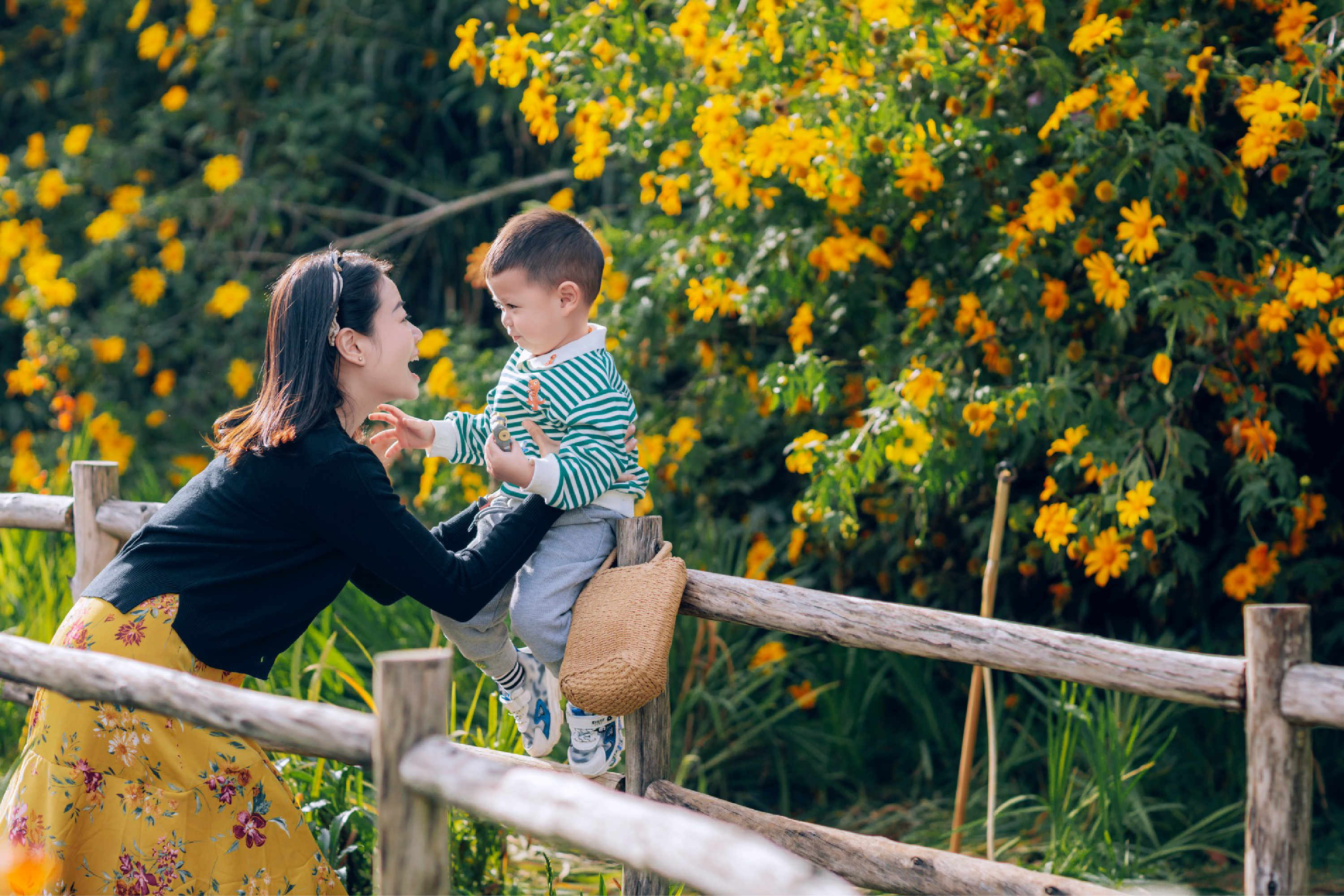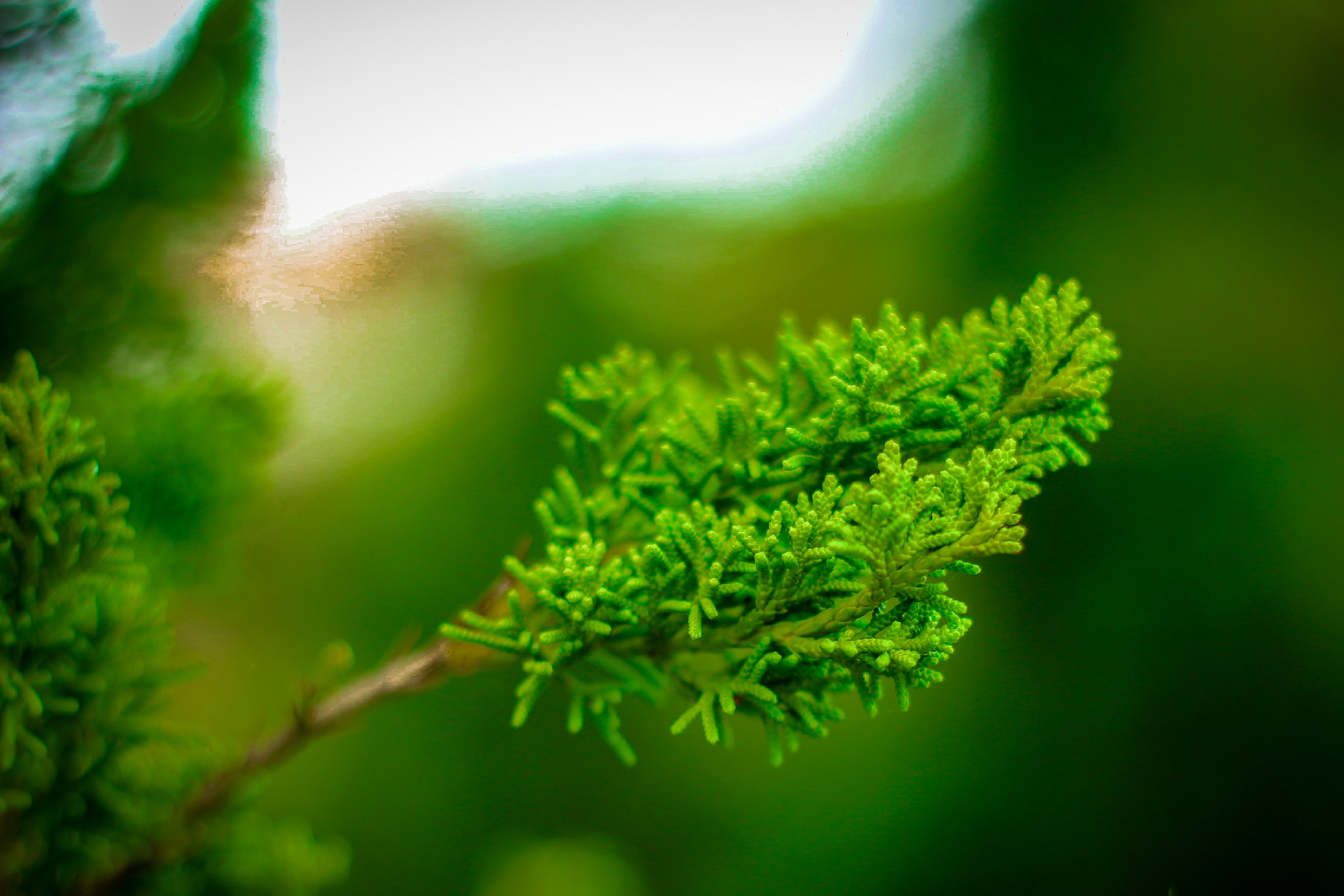DA LAT \ PEACEFUL HIGHLAND
Overview of Da Lat:
Da Lat is situated on the Lam Vien plateau, surrounded by lush green hills and pristine lakes. The city is renowned for its temperate climate throughout the year, particularly during the winter season when the weather becomes quite cold. Remarkably, it is often said that one can experience all four seasons in a single day in Da Lat: spring in the morning, summer at noon, autumn in the afternoon, and winter at night.

The city is located at an altitude of about 1500 meters above sea level, with average temperatures ranging from 15-24 degrees Celsius, providing ideal conditions for vegetable and flower agriculture, as well as tourism.

While tourism plays a significant role, the primary economic sector in Da Lat is agriculture, particularly the production of flowers, vegetables, and renowned agricultural products. Da Lat attracts tourists with its natural beauty and fresh, cool air. Consequently, it has become a well-known and beloved destination for many people, contributing to the expansion of its reputation and culture as the "City of Thousands of Flowers" across the country.

Agriculture, Flowers, and Biotechnology
Speaking of agriculture, Da Lat is one of the few cities in the world capable of efficiently cultivating various types of crops, both temperate and tropical, serving as a center for high-tech agriculture with international stature. Among them, the production of flowers and the production of plant tissue culture (In Vitro cultivation) must be mentioned.

Da Lat is considered the leading fresh flower production center in the country. Flower production is one of the key industries with great development potential, playing an important role in promoting the economic development of the agricultural sector in Lam Dong province.

Lam Dong province is at the forefront of applying biotechnology, especially tissue culture technology for plant breeding. Da Lat accounts for 83.4% of the province's production, with 60 million seedlings produced annually. In addition to accelerating the supply of high-quality seeds for domestic production, Lam Dong's tissue culture facilities have gradually increased their capacity and exported seeds to markets in countries such as the Netherlands, Belgium, Australia, Indonesia, China, Japan, and Israel.







